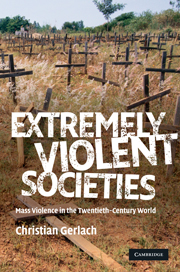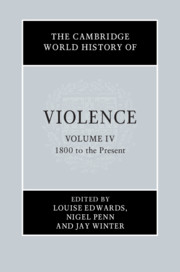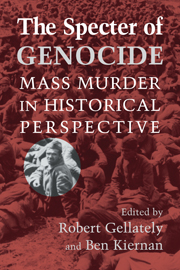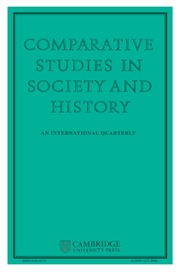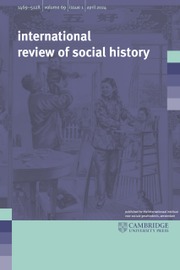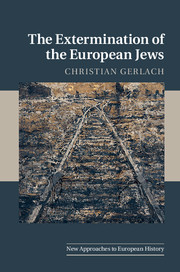Extremely Violent Societies
Violence is a fact of human life. This book trace the social roots of the extraordinary processes of human destruction involved in mass violence throughout the twentieth century. Christian Gerlach shows that terms such as ‘genocide' and ‘ethnic cleansing' are too narrow to explain the diverse motives and interests that cause violence to spread in varying forms and intensities from killings and expulsions to enforced hunger, collective rape, strategic bombing, forced labour and imprisonment. He explores what happened before, during, and after periods of wide-spread bloodshed in Armenia, Indonesia, Bangladesh, Greece and anti-guerilla wars in order to highlight the crucial role of socio-economic pressures in the generation of group conflicts. By focussing on why so many different people participated in or supported mass violence, and why different groups were victimized, the author offers us a new way of understanding one of the most disturbing phenomena of our times.
- Presents a broad approach to the causes of mass violence, moving beyond labels such as 'genocide' and 'ethnic cleansing' to demonstrate the simultaneous persecution of multiple rather than individual victim groups
- Highlights the importance of socio-economic factors in causing outbreaks of mass violence
- Analyses case studies from various world regions such as Armenia, Greece under Nazi occupation, Indonesia and Bangladesh, as well as anti-guerrilla wars worldwide, using new source material
Reviews & endorsements
"In this pathbreaking book, Christian Gerlach undermines the tunnel-vision of mainstream genocide research. Introducing a challenging new theoretical approach, Gerlach convincingly demonstrates the messy, complex patterns of mass violence in the modern world. Everyone interested in these issues will enrich their understanding by engaging with his arguments and case-studies." -Martin Shaw, Research Professor, Department of International Relations, University of Sussex.
"A tour de force of thinking and research, Extremely Violent Societies is a bold and original analysis of mass violence in the twentieth century. Writing global history at its best, Christian Gerlach ranges from Ottoman Armenia to Nazi-occupied Europe, from Indonesia to East Pakistan and further to explore why, at particular times, these societies exploded in paroxysms of violence. In supplanting a simplistic, state- and ideology-centered genocide model with a multi-causal approach, he convincingly argues that complex processes during transitional crises enlist all social groups in producing these terrible outcomes. At once sober and humane, this book is a landmark in the scholarly analysis of the most troubling phenomenon of our times." -A. Dirk Moses, Associate Professor, Department of History, University of Sydney.
"After his remarkable study on the Holocaust, Christian Gerlach demonstrates in this very innovative book, his capacity to tackle mass violence from a comparative perspective. His approach is not only courageous and challenging, but also insightful and certainly deserves to be discussed in genocide scholarly circles and beyond." -Jacques Semelin, Senior Researcher in Political Science, CERI-CNRS, Center for International Studies and Research
"...Gerlach contributes to the continuing debates among historians and social scientists about how to approach, deªne, and analyze the destruction of civilian populations during the twentieth century..." -Joyce Apsel, Journal of Interdisciplinary History
Product details
November 2010Hardback
9780521880589
502 pages
235 × 160 × 27 mm
0.9kg
Available
Table of Contents
- 1. Introduction: extremely violent societies
- Part I. Participatory Violence:
- 2. A coalition for violence: mass slaughter in Indonesia, 1965–66
- 3. Participating and profiteering: the destruction of the Armenians, 1915–23
- Part II. The Crisis of Society:
- 4. From rivalries between elites to a crisis of society: mass violence and famine in Bangladesh (East Pakistan), 1971–77
- 5. Sustainable violence: strategic resettlement, militias and 'development' in anti-guerrilla warfare
- 6. What connects the fate of different victim groups? The German occupation and Greek society in crisis
- Part III. General Observations:
- 7. The ethnization of history: the historiography of mass violence and national identity construction
- 8. Conclusions.

